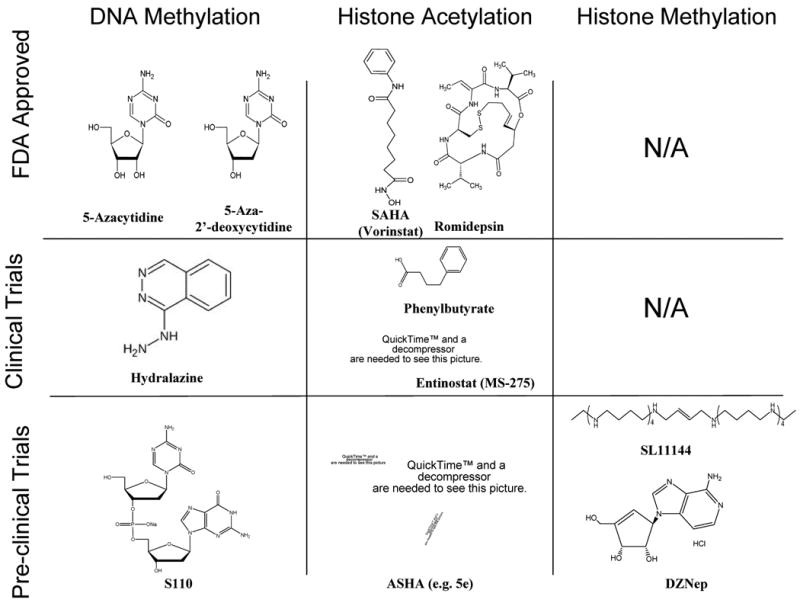Figure 2. Chemical structure of selected compounds that target epigenetic modifications.

At the present time, several molecules, which target epigenetic alterations in pathological states are at different stages of drug development. The nucleoside analogs 5-Azacytidine and 5-Aza-2′-deoxycytidine are FDA approved to treat high-risk myelodysplastic syndromes (MDS) patients and successful clinical results have been reported. The drug Hydralazine is currently being investigated in clinical trials as a putative demethylating agent against solid tumors and S110, a dinucleotide containing 5-aza-CdR, has been shown, in vitro, to demethylate DNA with a decreased deamination by cytidine deaminase. Targeting histone acetylation has also been a successful example of epigenetic therapy. Several histone deacetylase inhibitors are FDA approved such as the hydroxamic acid-based compound SAHA and the depsipeptide, Romidepsin, while others are currently in clinical trials for cancer (Phenylbutyrate and Entinostat) and neurologic diseases (Entinostat) and new molecules targeting specific HDACs are under pre-clinical investigations (e.g. PCI-34051, which targets HDAC8). More recently, significant effort is underway to find new molecules able to target histone methylation. To our knowledge there are no drugs targeting histone methylation which are FDA approved or in clinical trials. However, pre-clinical trials suggest anti-tumor activity of the oligoamine analogue SL-11144, a LSD1 inhibitor and the S-adenosylhomocysteine hydrolase inhibitor 3-Deazaneplanocin A (DZNep), a drug that depletes cellular levels of PRC2 components.
